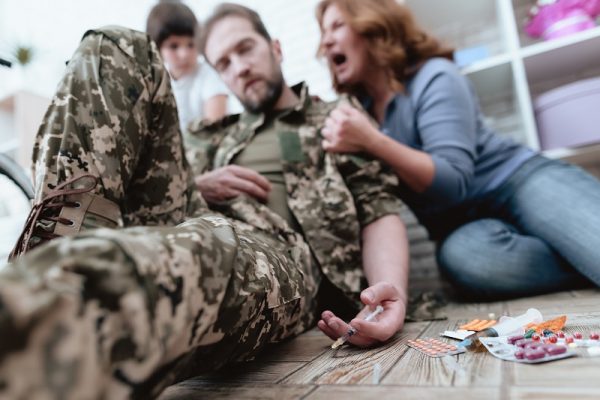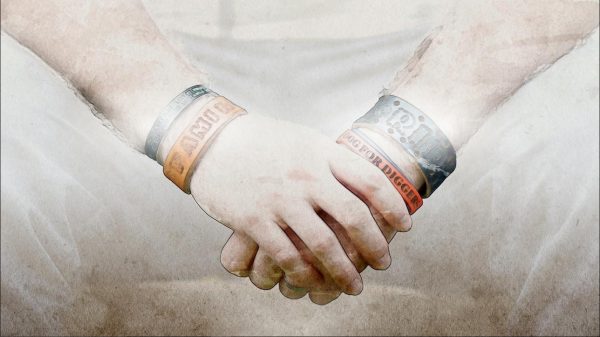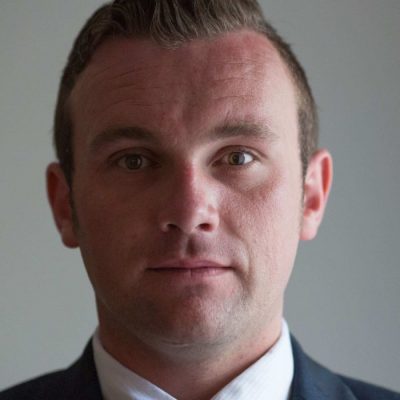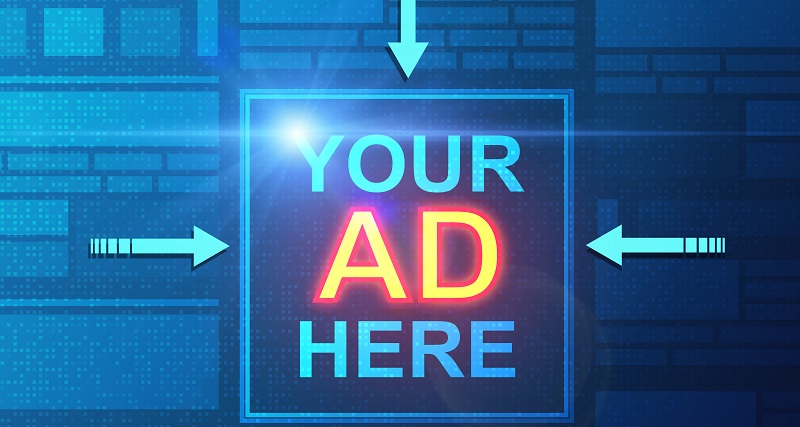PTSD
Combat PTSD — One Veterans’ Journey to Control the Beast
by Dr. Donald N. Burton
I thought January 9, 1970 was the end of my involvement with the military and the Vietnam War. That was the day I was discharged from the US Navy after having completed three tours to Vietnam, two of which took me “in-country” with various Marine elements needing to document their activities with photographs. (I was a Navy Photographers Mate Second Class.) Now 45 years later, at times, I am thrust back there. PTSD, or PTSS as it was called then, takes me there instantly. I smell the smells, feel the sweat on the back of my neck and everything else — fear, high alert and paranoia flood over me. To me, PTSD isn’t what many people believe. From first hand, I know it is an insidious thing, a beast that once embedded is opportunistic and nearly impossible to kill completely. Weird things can awaken it, sounds, visuals and even moods, especially depression. It is hard to guard against and impossible to predict when it will raise its head. So what do you do? Here is what I did.
I spent many years visiting at Vet Centers in group counseling all across the nation as I traveled for work, sometimes weekly, sometimes monthly. It helped. My wife of nearly 40 years has probably been the best healing agent as she is a good detached listener when the beast is present. But recognizing what the beast we call PTSD is and its power over us or more precisely the power we allow it to have over us is a key. Another major key is to give it a path out. For many years I kept it all inside. I didn’t know I had buried it. Nobody knew I had any problems. As the saying goes, I just sucked it up. It was killing me.
During the intervening years, with help from many people, I’ve had a great career; a very supportive family helped and I got educated along the way. My wife and I started a business that became a school that then turned into a respected university. So there are no complaints there. My wife suggests that the workaholic nature of mine is probably related to the PTSD. I don’t ever forget that the monster still hides in deep sacred parts of my mind. Sometimes when least expected it still raises its head. That’s okay. For now I know it for what it is — only part of my past and it has nothing to do with my future. If there is a positive consequence to this all it is that the beast causes me to remember the fallen Marines I worked with, to celebrate them again, ponder the good times and reaffirm my vow that they will never be forgotten. Semper fi
With that in mind, I reworked my therapy journal and it became a manuscript. It was published as fiction. The comments I’ve gotten from readers, many of which are family members of service members who served in Iraq and Afghanistan, thank me. I never would have dreamed it could help others understand how PTSD can happen to anyone and the importance of not ignoring it as something a vet can handle on his or her own. Even Mike Farrell of M*A*S*H fame saw its value and wrote a review. The book is too personal for me a make a judgment call as to its value to others. Interesting to me, I didn’t realize how getting it out there is really the final or at least a major step in my healing process. Now I can talk about it without crying—most of the time. I reached my goal: most of the time, I’m NORMAL AGAIN. It was a long road.
The title of the book says it all: “By What Is Sure To Follow — a PTSD Odyssey”. I have been told my book may empower a vet’s family to take action. I will let them decide.
Before I put it away in 1990, I had several Vietnam vet survivors (Marines) read it. They violently cussed me out, saying “How dare you degrade Marines like that.” Back then you didn’t speak about PTSD. They saw it as an insult, a weakness that soldiers didn’t talk about — ever. You were supposed to JUST SUCK IT UP. Luckily today it is out in the open and there is support to manage the beast. Semper fi
https://psychcentral.com/lib/combat-ptsd-one-veterans-journey-to-control-the-beast/








